School improvement is often critiqued as a top-down effort that fails to engage students, teachers, families, and communities. How can we do a better job in Denver of ensuring that these important constituencies are engaged in the conversation and advocating for their needs? What systemic and school-level changes do teachers, students, and families believe are most necessary to improve children’s educational experience?
Moderator: Janet Lopez, Senior Program Officer, Rose Community Foundation
Panelists:
- Tameka Brigham, Chief Officer, Family and Community Engagement, Denver Public Schools
- Dajia Maestas, Co-Director and Co-Founder, Mardale Jay Writing Center, recent Denver Public Schools graduate
- Nicholas Martinez, Co-Founder, Transform Education Now
- Erin Miller, Teacher Leader, Denver Green School
SESSION SUMMARY
Students and Communities as the Unit of Change
By Alan Gottlieb, Write.Edit.Think.
Urban school districts like Denver Public Schools have struggled historically to authentically engage the communities in which they operate. Over time, this can breed cynicism, as engaged parents and residents come to feel that district officials are running processes to produce a preordained outcome.
But this doesn’t have to be the case — and in fact, often isn’t how community engagement plays out in Denver, participants in the “Engaging School Communities” panel told the audience at the “Schools as the Unit of Change” convening.
The student, teacher, parent, and DPS community engagement official on the panel agreed that the approach to engagement needs to be broadened to reach more people, and especially those who too often have been voiceless. And that includes students.
Panelist Dajia Maestas co-founded a writing center at Manual High School last school year, when she was a senior. She graduated and now works at the writing center.
“This (event) is called ‘Schools as the Unit of Change.’ But schools aren’t the unit of change. Students are the unit of change,” Maestas said, to one of the most enthusiastic rounds of applause the entire day.
“We have school leaders here today but where are the students and the parents? People are continuously making decisions for our students without student voice. People are sitting here and talking about how we could make a change but we need students here to help make changes. We need students here as part of the conversation.”
Parents would also benefit from district and advocacy group engagement efforts that helped them learn how to identify high-quality schools that are a good match for their children, said Nicholas Martinez, co-founder of a new parent advocacy group called Transform Education Now (TEN).
It’s true that some families send their children to red and orange schools (the lowest two rankings on DPS’ School Performance Framework) when higher-quality options are available. That’s not because they don’t care about their children’s education, but because they lack knowledge and access to contextualized information, Martinez said.
“I don’t know any parent who is OK with sending their kid to a school that is not serving their needs,” Martinez said. “Let’s work with parents, help them dive into the data that those of us in this room are spending every day with. Let’s help them understand what quality means to them.”
The “to them” at the end of that sentence is key, Martinez said, because proficiency rates and other hard-data points aren’t the only factors in parental decisions. “It’s the values and the experience of a child and a family they are bringing to the table” when making school choices, he said.
Tameka Brigham, who heads the school district’s Family and Community Engagement office, acknowledged that parents need more timely access to meaningful information about schools. Echoing Martinez, she said this goes beyond test scores and into questions of culture and fit.
“They want to know what their children are actually experiencing in school, and they care deeply about what they experience as parents as well,” she said.
Meaningful parental and community engagement also means supporting families and communities, Brigham said. The goal is to ensure that the “healthy, sustainable, high achieving, successful culture” DPS strives to instill in its schools “extends to our communities as well.”
One of the district’s ongoing challenges, Brigham said, is engaging “our most marginalized parents, who can’t always show up for our community meetings, or aren’t the easiest to convene. We need to actually spend the time going out to these parents, changing what engagement looks like.”
Erin Miller, a teacher leader at Denver Green School, said her school’s shared leadership model also helps keep teachers and community alike engaged in maintaining the PreK-8 school’s health. At DGS, a team of a dozen teachers runs the school. Three “lead partners” sharing administrative duties, but the larger partnership makes all key decisions by consensus.
This creates deep teacher engagement, Miller said, which in turn “keeps teachers there, and that keeps families there as well.” Teacher and student turnover at DGS is extraordinarily low.
“We want to give all students the opportunity to have the best quality teachers and community they could possibly have,” Miller said. “Making that happen begins here, by having conversations like the ones we are having today.”
Back to ‘Schools as the Unit of Change: Building on Progress in Denver’

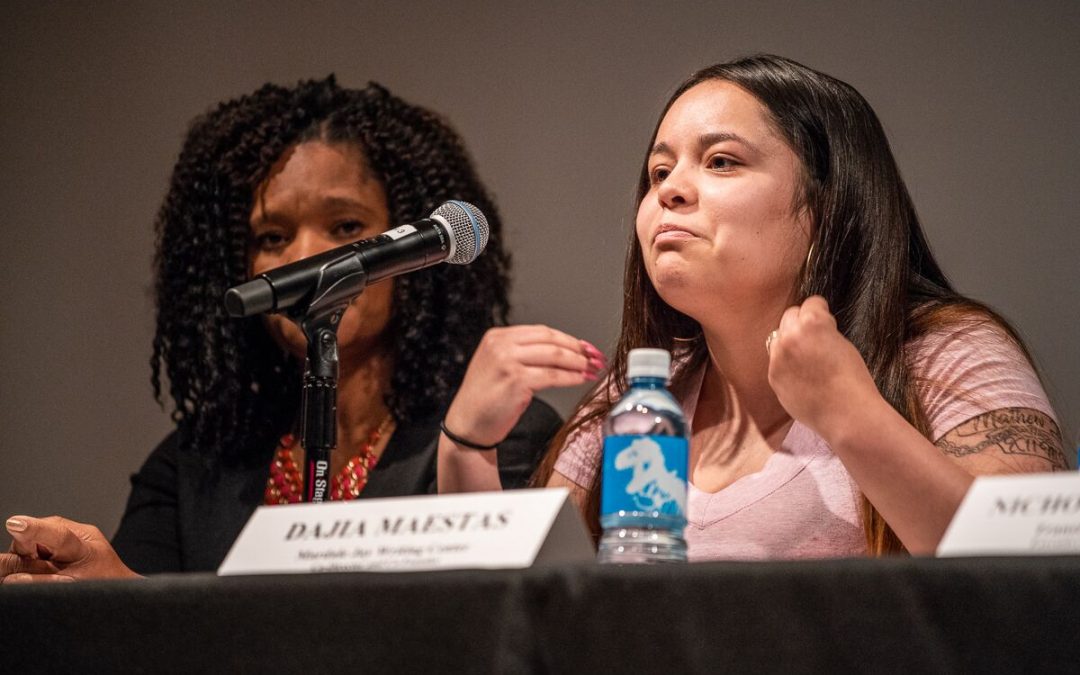



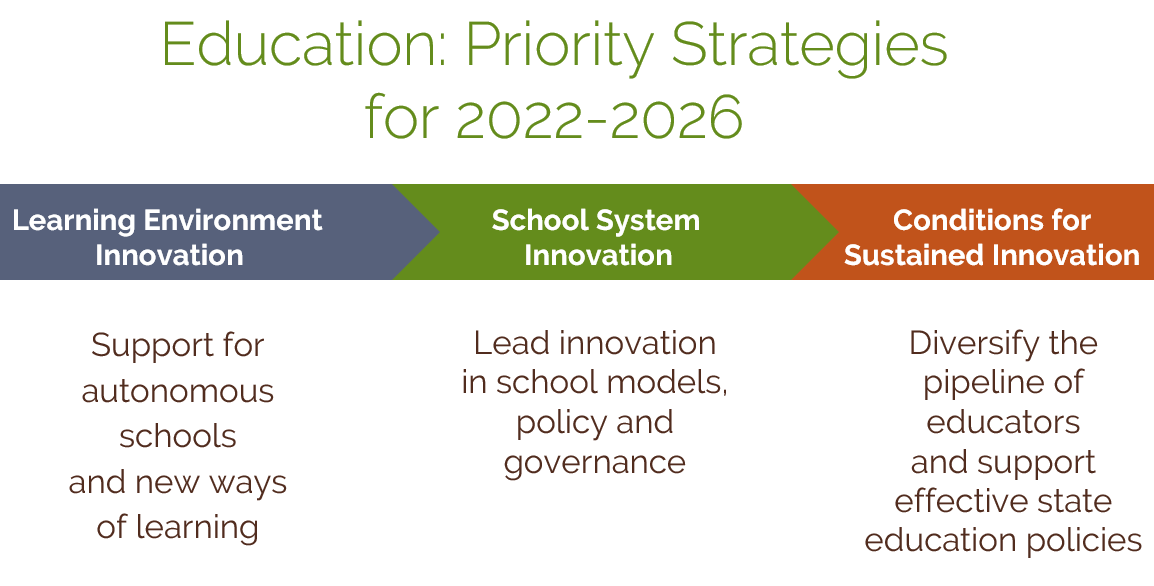

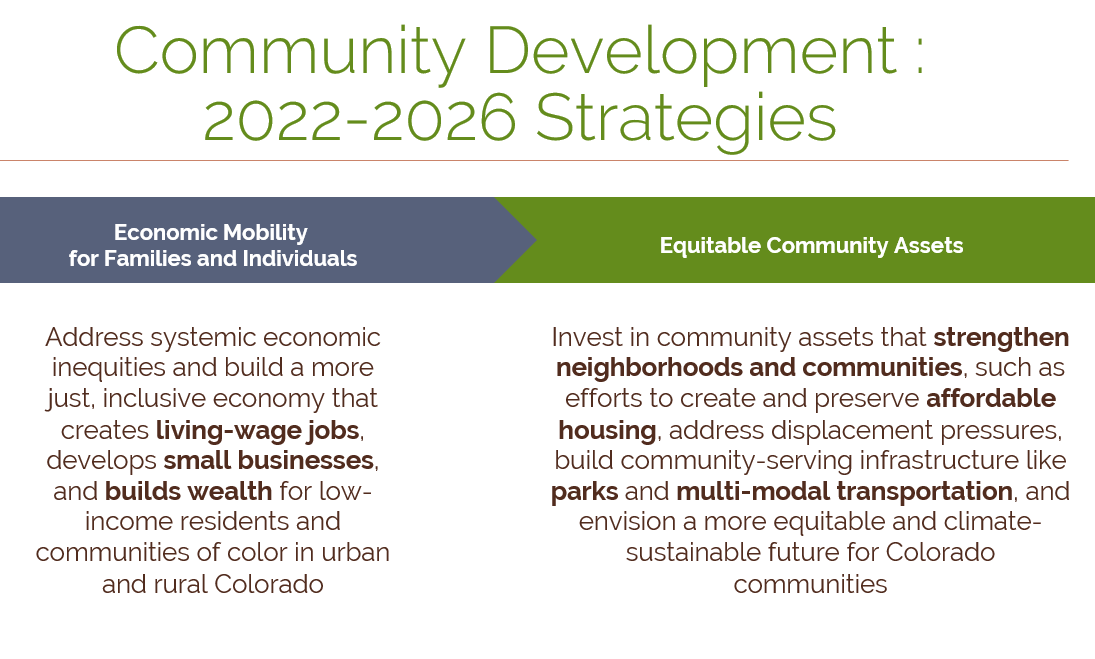
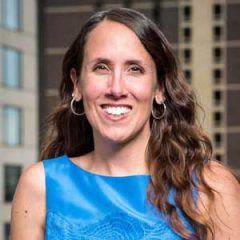
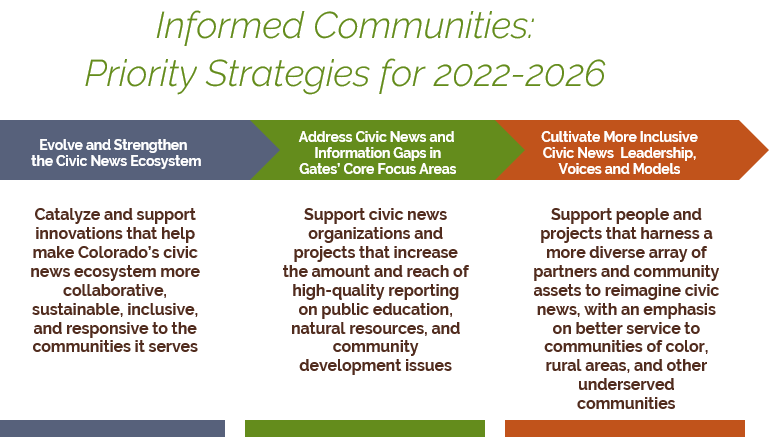
 Finally, also in 2023 a total of $410,956 previously committed by Gates to the
Finally, also in 2023 a total of $410,956 previously committed by Gates to the 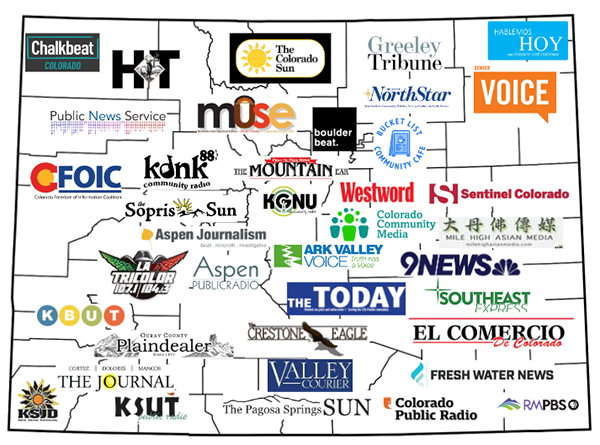 A total of $1,110,956 committed to the
A total of $1,110,956 committed to the 
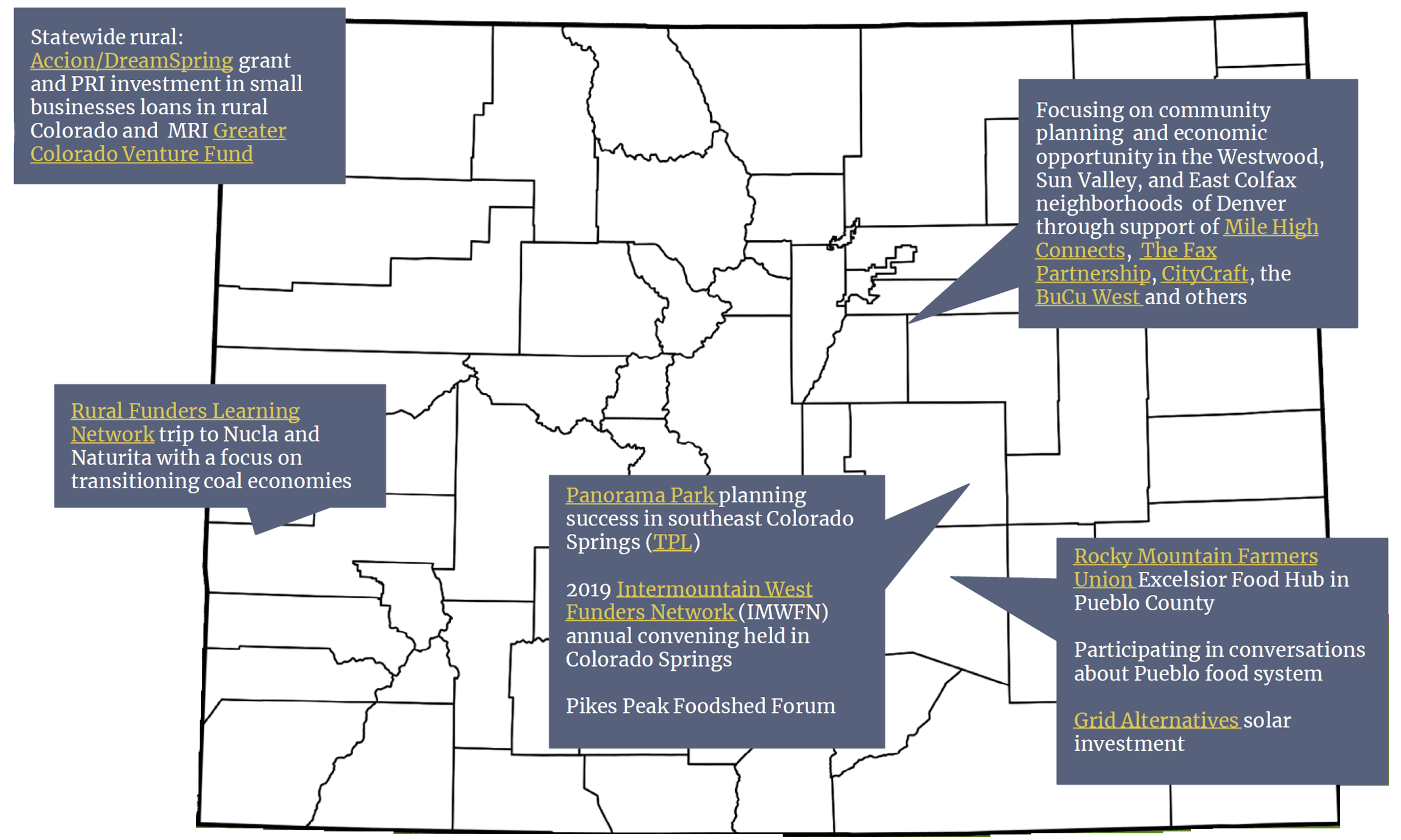 In 2019, the Community Development program committed $932,500 in strategic grants to 13 organizations and $465,000 in responsive capital grants to 12 organizations. New impact investments supporting vibrant communities in 2019 included a $500,000 MRI to
In 2019, the Community Development program committed $932,500 in strategic grants to 13 organizations and $465,000 in responsive capital grants to 12 organizations. New impact investments supporting vibrant communities in 2019 included a $500,000 MRI to 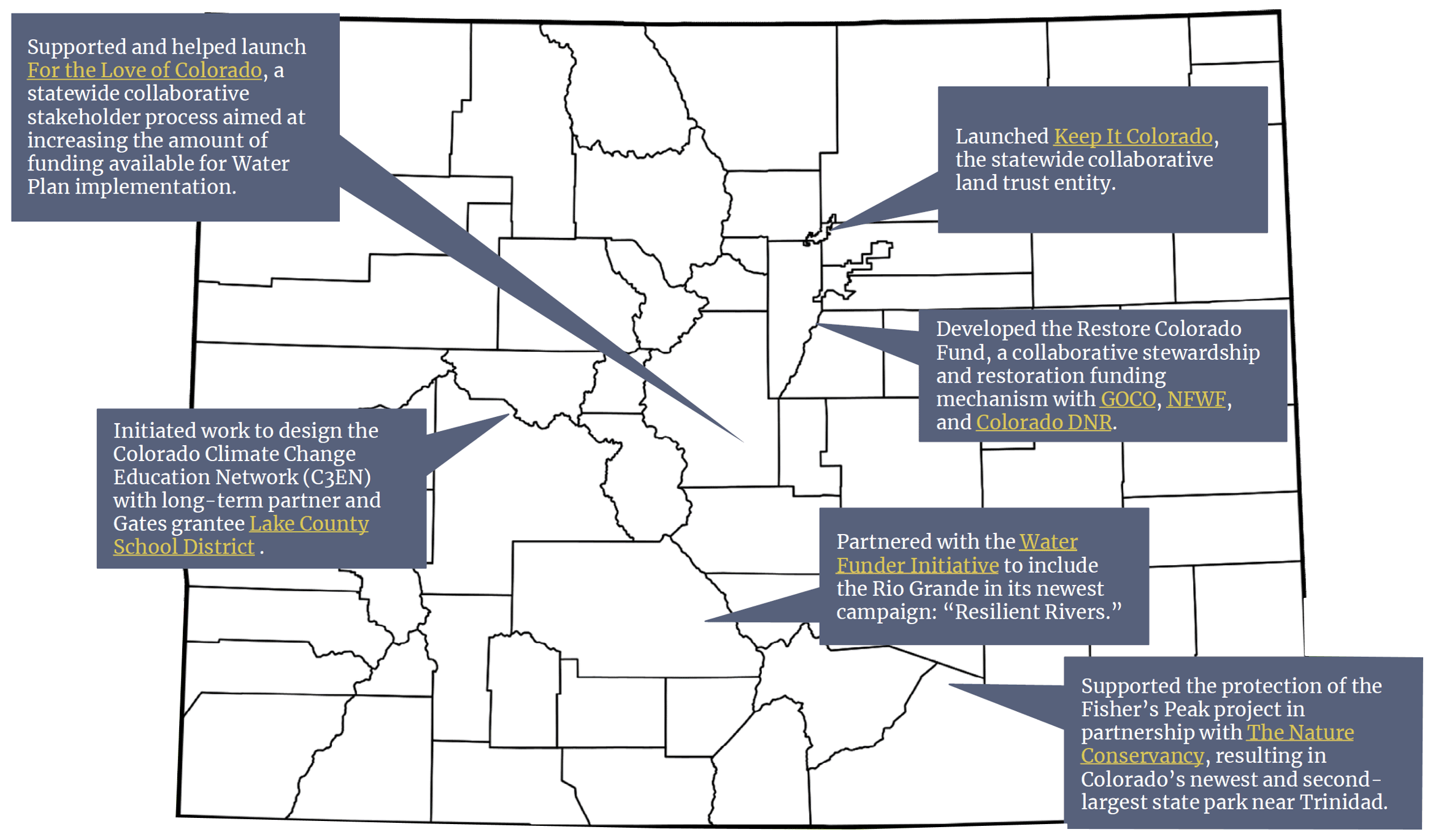 Our Focus Landscapes initiative, a key element of our Natural Resources program, underwent a comprehensive review, revision, and re-launch in 2019. This initiative was launched in 2011 to help Colorado achieve landscape-scale conservation through the protection of private lands in specific geographies. A great deal of progress was made in North Park, southeast Colorado, and the San Luis Valley, resulting in more than 200,000 acres of farm and ranch lands conserved, along with their associated ecological values. The strategic review process was done in close partnership with the land trust organizations representing those geographies, providing lessons-learned and an exploration of emerging opportunities. The revised Focus Landscapes initiative will first focus on two geographies:
Our Focus Landscapes initiative, a key element of our Natural Resources program, underwent a comprehensive review, revision, and re-launch in 2019. This initiative was launched in 2011 to help Colorado achieve landscape-scale conservation through the protection of private lands in specific geographies. A great deal of progress was made in North Park, southeast Colorado, and the San Luis Valley, resulting in more than 200,000 acres of farm and ranch lands conserved, along with their associated ecological values. The strategic review process was done in close partnership with the land trust organizations representing those geographies, providing lessons-learned and an exploration of emerging opportunities. The revised Focus Landscapes initiative will first focus on two geographies: